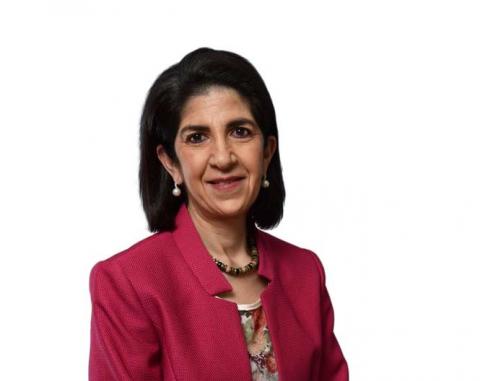CERN’s scientific programme must be compelling, unique, diverse, and integrated into the global landscape of particle physics. One of the Laboratory’s primary goals is to provide a diverse range of excellent physics opportunities and to put its unique facilities to optimum use, maximising the scientific return.
In this spirit, we have recently established a Physics Beyond Colliders study group with a mandate to explore the unique opportunities offered by the CERN accelerator complex to address some of today’s outstanding questions in particle physics through projects complementary to high-energy colliders and other initiatives in the world. The study group will provide input to the next update of the European Strategy for Particle Physics.
The process kicked off with a two-day workshop at CERN on 6 and 7 September, organised by the study group conveners: Joerg Jaeckel (Heidelberg), Mike Lamont (CERN) and Claude Vallée (CPPM Marseille and DESY). Its purpose was to present experimental and theoretical ideas, and to hear proposals for compelling experiments that can be done at the extremely versatile CERN accelerator complex. From the linacs to the SPS, CERN accelerators are able to deliver high intensity beams across a broad range of energies, particle types and time structure.
Over 300 people attended the workshop, some three quarters coming from outside CERN. The call for proposals resulted in around 30 submissions for talks, with about two third of those being discussed at the workshop. It was interesting to see a spirit of collaborative competition, the hallmark of our field, building up as the workshop progressed. The proposals addressed questions of fundamental physics using approaches complementary to those for which colliders are best adapted. They covered, among others, searches for dark-sector particles, measurements of the proton electric dipole moment, studies of ultra-rare decays, searches for axions, and many more.
The next step for the study group is to organise the work to develop and consolidate the ideas that were heard at the workshop and others that can be put forward in the coming months. Working groups will examine the physics case and technical feasibility in the global context: indeed, carrying out research here that could be done elsewhere does not allow for the best use of the discipline’s resources globally.
I’m looking forward to following the interactions and activities that these working groups will foster over the coming years, and to reading the report that will be delivered in 2018 to inform the next European Strategy update. There’s a bright future, I’m sure, for physics beyond - and alongside - colliders at CERN.

